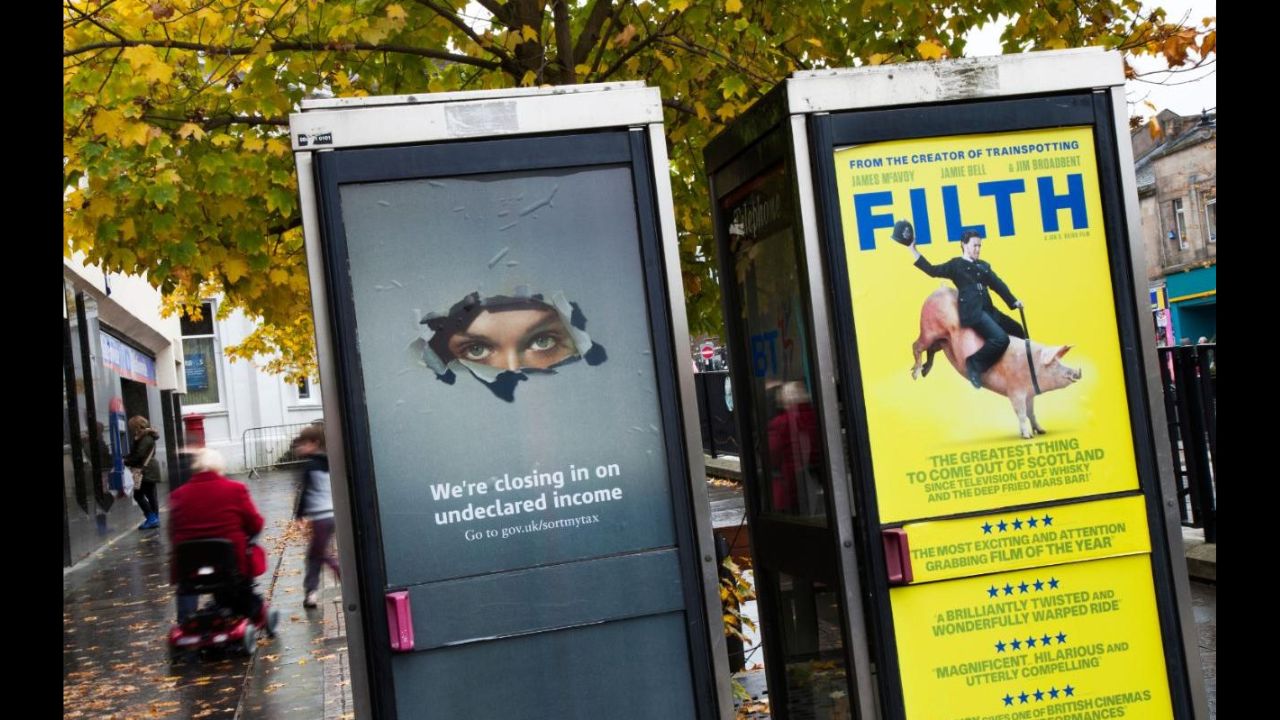HMRC Targets Extra Earners, Unveils Tax Requirements
A lot of people who make a little extra money might get found by the tax man if they haven’t reported it.

HMRC Targets Extra Earners: New tax rules went into effect at the beginning of the year and will affect people who rent out their homes on Airbnb, on online marketplaces, and for short stays.
Now, online marketplaces like Airbnb, Vinted, and eBay have to tell HMRC directly about the money their users make. A lot of people who make a little extra money might get found by the tax man if they haven’t reported it.
According to new data from Finder, about 44% of UK workers have found side jobs to help them make extra money during the cost of living crisis. The most popular of these is “social media influencer.”
People who have a “side hustle” or rent out a home for extra money need to pay taxes on that money. We also talk about whether you need to file a tax return and what the new rules mean for you.
HMRC Targets Extra Earners: What do the fresh rules mean?
On January 1, new rules went into force that say digital platforms must report user income to HMRC. The rules affect websites and apps such as Vinted, eBay, Depop, Etsy, Uber, Airbnb, and JustPark. They also affect people who host vacation rentals, send packages, sell clothes and other things, and sell handmade goods. The tax crackdown also affects digital platforms based outside of the UK. For example, holiday lets in Europe now have to report buyers who live in the UK.
It is hoped that the rules will help more people pay their taxes correctly and catch people who don’t want to pay. But the first period that needs to be reported is the year that finished on December 31, 2024. This must be done by January 31, 2025. The deadline for filing is January 1, 2024, but HMRC can ask people if they had cash from that source before that date. If they do, some people could face big tax bills and fines.
It was made by the “The Platform Operators (Due Diligence and Reporting Requirements) Regulations 2023,” which make OECD rules that the EU accepted law. The law gives HMRC the tools it needs to keep up with modern ways of dealing, since more and more people have side jobs and make money online through sites like Airbnb and Vinted.
Check Out: Navigating Premium Bond Jackpots and Large Inheritances
How much tax do I have to pay on my side job?
What kind of “trader” you are and how much money you make as a “trader”
If you are a seller, you probably buy and sell things online all the time to make money. For instance, if you do a spring clean and sell some things you don’t need without trying to make money, this probably isn’t selling. You might get a tax bill, though, if you buy and sell clothes online a lot to make money.
On gov.uk, you can use a helpful tool to see if you need to tell HMRC about extra money you’ve made.
The trading limit means that people who make less than £1,000 from a side job in a tax year do not have to pay tax on that money or report it. So, if you make £1,000 from trade or renting out your home, you won’t have to pay tax on it. If you pay the basic rate of tax, this will save you up to £200 a year, and if you pay the higher rate, it will save you £400 a year.
You won’t usually have to fill out a tax return if your earnings are less than £1,000. This is true whether you rent out your garage or sell jam at the local market. Just make sure you keep any proof of your income in case HMRC asks for it later.
It doesn’t matter if you make more than £1,000 from your side job in a tax year. You will still get the trading limit, but you will have to report the extra money and pay any tax due.
Keep in mind that you can earn up to £7,500 tax-free through the rent-a-room plan if you rent out furnished rooms in your home, like a room to a lodger.
But you have to tell HMRC if you make even £1 more than your yearly allowances.
This is what Jaques said: “The bottom line is, whether it’s selling on sites like Vinted or Depop, or doing a bit of dog walking, if you’re earning more than £1,000 in a tax year from your side hustle, you must register as self-employed with HMRC, even if you are also in full-time employment.
“Understanding how to avoid any unwelcome tax bills is a key part of having more than one job, so if you are tempted to start a side hustle, do your research first.”
Check Out: LG QNED 83 series 4K TVs launched in India with Dolby Vision and Atmos
How do I pay my tax?
For the 2022–23 tax year, the last day to sign up for self-assessment was October 5, 2022. Sign up now if you haven’t already. The last day to file your taxes online and pay any taxes that are due is January 31, 2024. Include all of your forms of income, such as side jobs, regular jobs, buy-to-let income, and pensions.
You can pay your income tax by mail, online, with a debit card, at your bank or building society, or with a debit card. Make sure that the money gets to HMRC by January 31. If you change your tax number, you can pay extra tax through PAYE. However, most taxpayers can’t do this. Under the self-assessment system, they have to fill out a tax report and pay tax.
